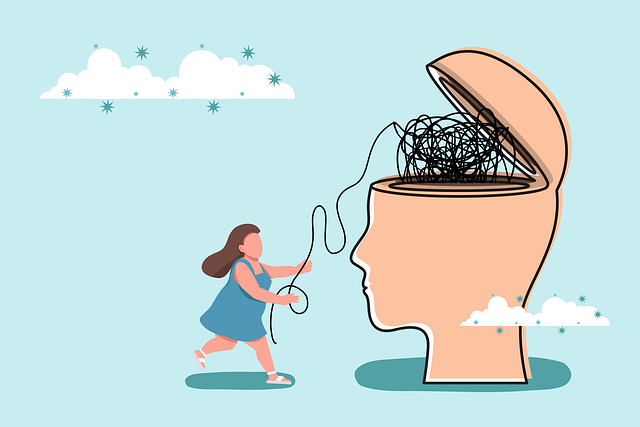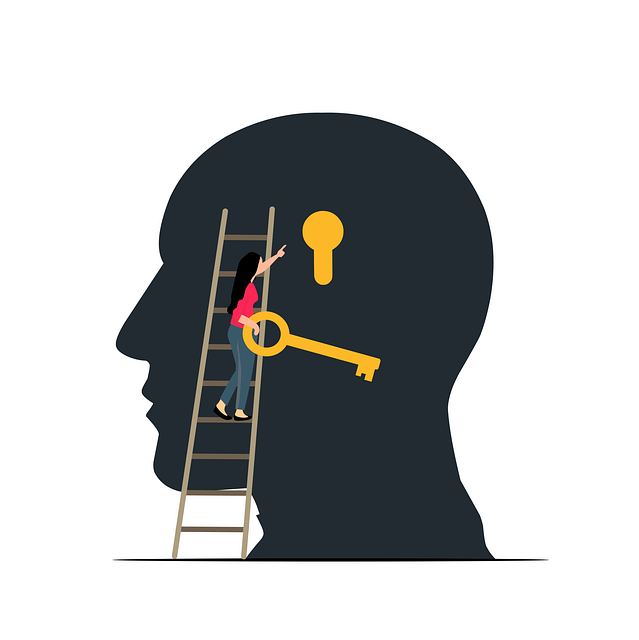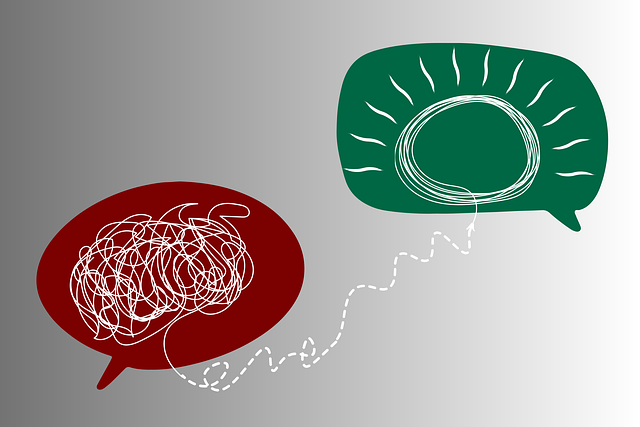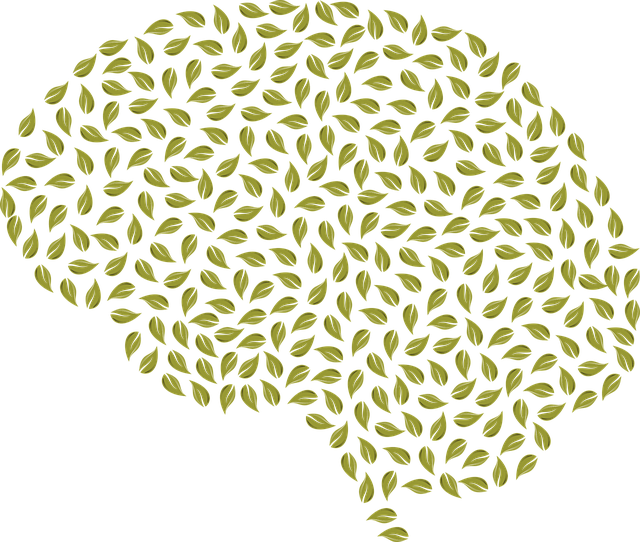Mental wellness is crucial for elders, especially women, addressing unique challenges like loneliness, isolation, and grief through tailored therapy. Tailored interventions include conflict resolution techniques, social engagement platforms, and Cognitive-Behavioral Therapy (CBT) to combat anxiety and depression. Organizations offer specialized services, support groups, and compassion cultivation practices, fostering positive thinking, emotional resilience, and healthy relationships for seniors, particularly women facing specific mental health issues prevalent in later years. Targeting these areas ensures comprehensive therapy for elders and women's issues, promoting overall mental wellness.
Mental wellness promotion among seniors is a growing field, especially with an aging population. This article explores various facets of elder mental health, focusing on understanding its significance and addressing common challenges faced by older adults. We delve into specific issues women encounter and the critical role therapy plays in their resolution. Effective therapy approaches tailored for seniors are examined, along with community support resources designed to enhance elderly mental wellbeing. By examining these aspects, we aim to provide a comprehensive guide for promoting robust mental health in our aging population, with a particular focus on therapy for elders and women’s issues.
- Understanding Mental Wellness and Its Significance for Elders
- Uncovering Common Mental Health Challenges Faced by Older Adults
- The Role of Therapy in Addressing Women's Specific Issues
- Effective Therapy Approaches for Seniors: A Comprehensive Guide
- Community Support and Resources for Promoting Elderly Mental Wellbeing
Understanding Mental Wellness and Its Significance for Elders

Mental wellness is a vital aspect of overall health, especially for elders in our society. As individuals age, they often face unique challenges that can impact their mental well-being, such as loneliness, isolation, and the loss of loved ones. Understanding and recognizing these issues are essential steps towards fostering positive thinking and emotional resilience in this demographic. Elders may require specific forms of therapy tailored to their needs, addressing concerns like depression, anxiety, or cognitive decline.
Promoting mental wellness among elders can involve teaching conflict resolution techniques and providing platforms for social engagement. By incorporating activities that encourage open communication and emotional regulation, we can empower seniors to navigate life’s transitions with grace. Moreover, raising awareness about women’s issues specific to this age group is crucial, as it ensures a holistic approach to their mental health care, catering to their unique experiences and challenges.
Uncovering Common Mental Health Challenges Faced by Older Adults

The older adult population faces unique mental health challenges that often go overlooked. As individuals age, they may experience increased feelings of isolation and loneliness, especially if they live alone or have lost close companions. This sense of disconnection can lead to depression and anxiety, which are more prevalent among seniors compared to younger generations. Furthermore, chronic illnesses, cognitive decline, and physical limitations can contribute to a diminished quality of life, impacting their overall mental wellness.
Women, in particular, face distinct mental health issues within this demographic. They often bear the burden of multiple roles—caregiver, spouse, parent—which can lead to heightened stress levels and a potential lack of self-care. The loss of independence due to age or illness may also trigger feelings of powerlessness. Thus, it’s crucial for mental health professionals to be attuned to these unique challenges, providing tailored therapy for elders, particularly focusing on women’s issues. Enhancing their inner strength development and implementing effective risk management planning can significantly contribute to the promotion of mental wellness in this age group.
The Role of Therapy in Addressing Women's Specific Issues

Women often face unique challenges that can significantly impact their mental wellness. Therapy plays a pivotal role in addressing these specific issues, offering a safe space for women to explore and process complex emotions. Many women struggle with conditions such as anxiety, which can be exacerbated by societal pressures and gender-based stressors. Qualified therapists provide tools and techniques tailored to alleviate anxiety relief and promote resilience.
Additionally, therapy facilitates the development of social skills training, crucial for building supportive networks and fostering healthy relationships. It also empowers women to navigate and challenge societal norms and expectations, contributing to a more inclusive mental health policy analysis and advocacy. By addressing these specific needs, therapy becomes an effective tool in enhancing the overall mental wellness of women across different age groups.
Effective Therapy Approaches for Seniors: A Comprehensive Guide

Promoting mental wellness among seniors is a critical aspect of holistic healthcare. For older adults, particularly women who often face unique challenges related to womens’ issues, effective therapy approaches can significantly enhance their quality of life. Cognitive-Behavioral Therapy (CBT) has proven highly beneficial in addressing common concerns such as anxiety and depression, which are prevalent among the elderly population. CBT equips seniors with coping strategies by helping them identify and modify negative thought patterns, thereby improving overall emotional well-being.
Additionally, group therapy sessions tailored to senior women’s experiences can foster a sense of community and support. These groups offer a safe space for sharing personal struggles, including those related to burnout prevention, self-esteem improvement, and stress management. Many organizations now host workshops focused on these areas, empowering seniors with tools to navigate life’s challenges. Engaging in such therapeutic practices not only enhances mental resilience but also encourages social interaction, which is vital for combating loneliness and promoting active aging.
Community Support and Resources for Promoting Elderly Mental Wellbeing

Community support plays a pivotal role in promoting mental wellness among the elderly. Many organizations offer specialized services tailored to address the unique challenges faced by seniors. These include therapy programs designed for older adults, focusing on issues specific to this demographic such as loneliness, grief, and age-related cognitive changes. Support groups facilitated by mental health professionals provide safe spaces for elders to connect, share experiences, and build a sense of community, fostering social connections that are vital for overall well-being.
Additionally, Stress Management Workshops Organization (SMWO) conducts regular sessions focused on teaching effective coping strategies. These workshops equip seniors with tools to manage stress, anxiety, and depression, enhancing their resilience. The Mental Health Policy Analysis and Advocacy (MHPA) group lobbies for improved mental health services, ensuring that policies prioritize the needs of elderly individuals. Incorporating compassion cultivation practices within these initiatives can further benefit elders by promoting empathy, reducing stress, and improving social interactions, ultimately contributing to a more nurturing community environment.
Mental wellness is a vital aspect of aging, and understanding the unique challenges faced by older adults, especially women, is essential. The article has explored various strategies for promoting mental health in seniors, highlighting the importance of therapy tailored to their needs. By recognizing common issues such as depression and anxiety, and implementing effective therapy approaches, we can significantly enhance the well-being of elders. Additionally, fostering community support and utilizing available resources play a crucial role in creating a supportive environment for seniors’ mental wellness, addressing specific women’s health concerns through specialized therapy being a notable game-changer.








